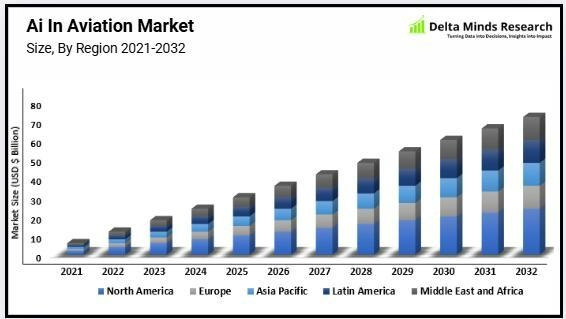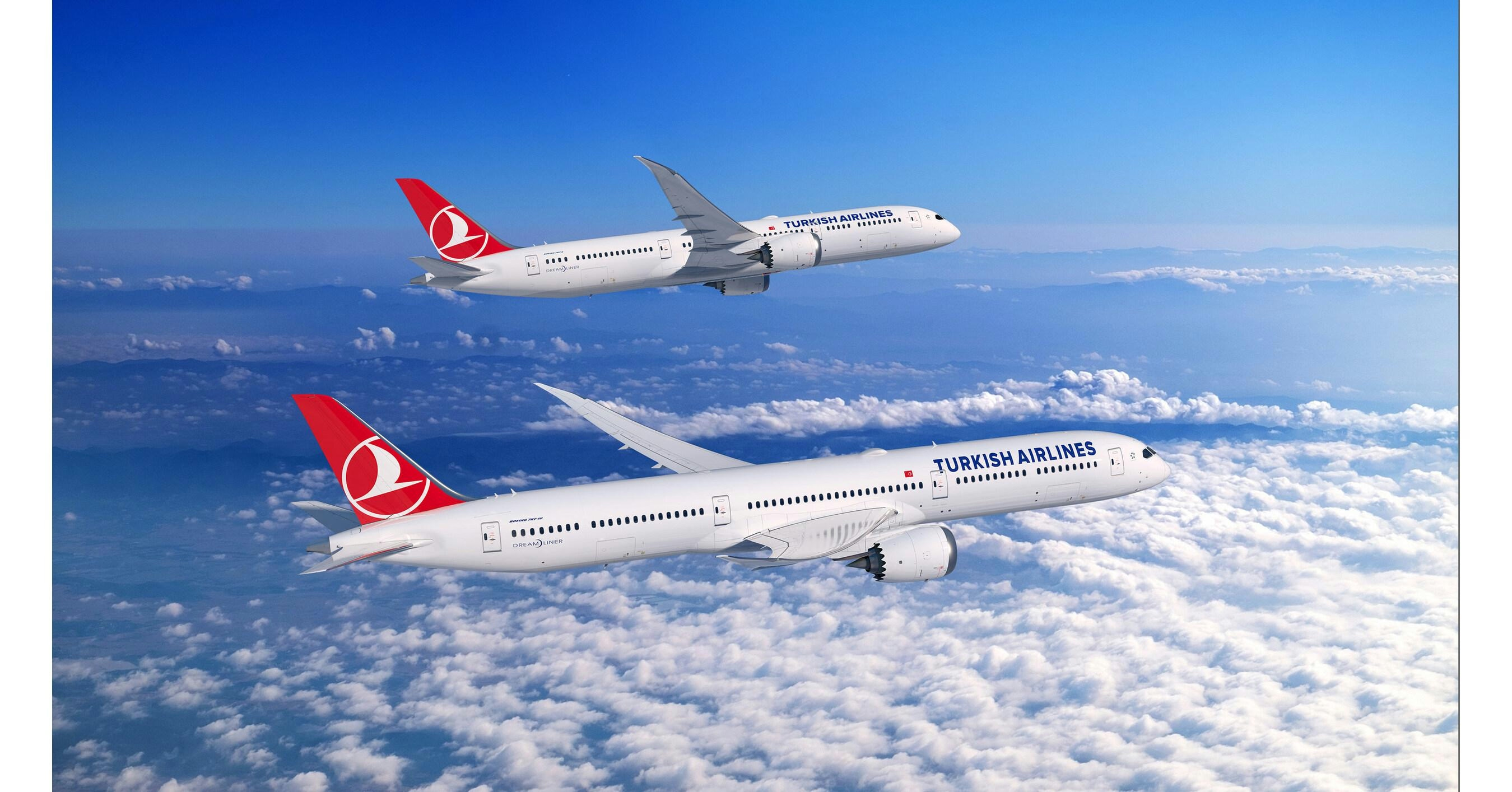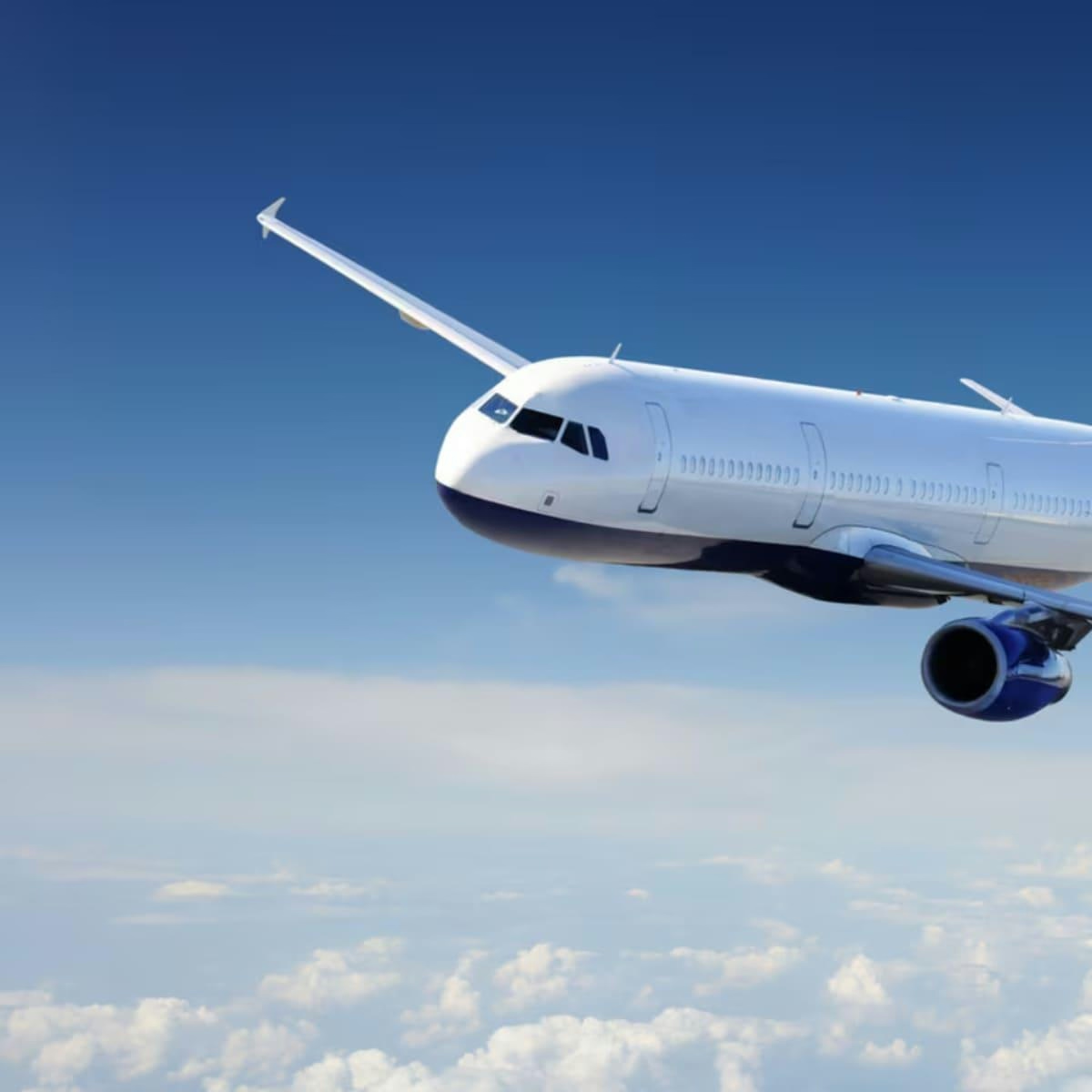AeroGenie — Your Intelligent Copilot.
Trending
Categories
AI Applications in Aviation: Market Outlook 2025–2032

AI Applications in Aviation: Market Outlook 2025–2032
The global artificial intelligence (AI) market within the aviation sector is set for substantial growth, with its valuation projected to rise from $7.15 billion in 2024 to $28.59 billion by 2032. This trajectory corresponds to a compound annual growth rate (CAGR) of 21.15% between 2025 and 2032, underscoring the increasing significance of AI technologies in transforming aviation operations and related industries.
Market Drivers and Regional Trends
The rapid expansion of AI in aviation is driven by a confluence of factors, including evolving consumer preferences, accelerated technological innovation, and supportive regulatory environments. Investments in critical infrastructure, coupled with a heightened focus on sustainability, are reshaping competitive dynamics and encouraging broader AI adoption. Beyond traditional aviation functions, AI applications are increasingly permeating sectors such as manufacturing, healthcare, energy, and technology, reflecting a wider digital transformation. Automation and data-driven decision-making have become central to corporate strategies, enabling organizations to enhance operational efficiency and maintain a competitive edge.
Regionally, North America is anticipated to lead growth, propelled by early adoption of AI technologies and the presence of extensive hyperscale data centers. The United States, in particular, remains a pivotal market, benefiting from advanced infrastructure and a robust ecosystem of technology providers that facilitate innovation and deployment of AI solutions.
Competitive Landscape and Industry Dynamics
The competitive environment in AI for aviation is marked by intensified efforts from leading companies to expand their market footprint through geographic diversification, strategic partnerships, and continuous innovation. Prominent players shaping this market include Intel, IBM, Airbus, Thales Group, Lockheed Martin Corporation, General Electric Company, Boeing, Garmin, Northrop Grumman, and Honeywell International Inc. These organizations are pursuing both organic growth and inorganic strategies such as mergers and acquisitions, product development, and collaborative ventures to capitalize on emerging opportunities.
Despite the promising outlook, the sector faces significant challenges. The requirement for substantial capital investment in infrastructure, particularly as the AI data center market is forecasted to reach $98.04 billion by 2032, presents potential risks. Should demand for AI applications fail to align with these investments, the market may encounter disruptions reminiscent of previous technology cycles. Furthermore, competitive dynamics are evolving rapidly, with major technology firms like Microsoft and Google dominating cloud-based AI growth through extensive investments and scalable platforms. This momentum may outpace competitors such as Apple, which is concentrating on on-device AI strategies, thereby influencing the pace and direction of AI integration within aviation.
Outlook and Future Prospects
The AI aviation market is undergoing a profound transformation as companies adapt to global trends, regulatory changes, and technological advancements. Supportive government policies, infrastructure development initiatives, and shifting trade patterns are expected to create new growth avenues. However, the necessity for significant investment and the potential for market imbalances highlight the importance of strategic foresight and flexibility.
As digital transformation accelerates and AI becomes increasingly embedded in aviation operations, industry leaders are positioning themselves to capture long-term value while navigating a complex and rapidly evolving landscape.

Four Gateway Towns to Lake Clark National Park

PRM Assist Secures €500,000 in Funding

InterGlobe Aviation Shares Rise 4.3% Following January Portfolio Rebalancing

Key Market Segments Shaping Airline Route Profitability Software

Locatory.com Gains Traction Among Aviation MROs and Suppliers

58 Pilots Graduate from Ethiopian University

The Engine Behind Boeing’s Latest Widebody Aircraft

UBTech Shares Rise After Airbus Orders Humanoid Robots

Boeing’s Widebody Jet Sales Surge Signals Shift in Global Air Travel

French Aircraft Design Claims to Reduce Energy Consumption by Elevenfold
